Do you ever find yourself complaining about the genre premises of a work? It's not helpful, I can tell you. And it can waste a bunch of mental energy while reading until you realize that's what you're doing.
For example, in a graphic novel mostly aimed at teen readers, with a mostly teen cast and a thriller/mystery plot, the reader needs to remember that the characters have to solve the dangerous problem themselves. Sure, they might be in the New Jersey Pine Barrens, a preserve of ecological interest to at least a national if not international audience. And they might also be right in between two massive media markets full of reporters who would be happy to make a lot of noise about this particular issue. But adults sweeping in - even if the teens strategize and find those adults - is not what this kind of story is about. So I really shouldn't have spent so much time thinking about the ways these characters could have done any of that.
My foibles aside, Tara O'Connor's Fly By Night is a thrill ride with heart, a few good fakeouts, and an ending that goes big when it has to. I grabbed it randomly from the YA GN shelves at my library - it's set in New Jersey, where I live, and that sealed the deal - but I've never read any of O'Connor's work before.
Dee Ramirez's twin sister Beth has disappeared mysteriously, in the small Pine Barrens town where they both spent their childhood. After their parents divorced about six years ago - in middle school; the girls are high school seniors now - Dee went with her father to live in a new town, Westbury (and eventually with a new wife) while Beth stayed with their mother. O'Connor is a bit shaky on some details, both here and later - how exactly did Beth go missing? have the girls really not been in touch at all for six years? what actually is the name of this town? - but it works, psychologically.
(I also initially thought that Dee was the older sister, and her talk about graduating meant she was nearly done with college - the twin thing isn't mentioned until a number of pages in. Fly By Night trips over its own feet a few times like that.)
Anyway, Dee is back in her childhood home, with her ex-cop (or maybe still currently cop, somewhere else?) dad and something-or-other mom, as they squabble with each other over everything. (They got divorced for a reason. Mom is a bit passive, but Dad comes across as a minor-league asshole a lot of the time.) Dee is going to snoop around at school to find out what happened to Beth, even as a police investigation continues. She meets back up with her old friend Tobi, and spends some time with Beth's boyfriend Lucas, who has a gigantic "Suspect Me!" sign on him but she still goes out into the Barrens with him alone.
At the same time, there's a big evil company - Redline Oil, recently taken over by your standard evil businessman, Marshall Monroe - intending to run a big pipeline through the Pine Barrens. It's not clear where this pipeline is going or why - I gather there is actually a similar pipeline proposal in the real world, so maybe it's a big natural gas feeder from Philly to Atlantic City or something, but O'Connor just focuses on Big Evil Scary Polluting Horrible Thing - and the local students, led by teacher Mrs. Ruby, are predictably organized against it. Monroe more-or-less admits that he's buying his way into this project, and we assume it must have some expected profit for him, but it's mostly "I'm rich and powerful, and I want to do this, so I will buy it, and the rest of you can go pound sand."
(Frankly, everyone seems to be against it, because it is cartoonishly evil. We have a couple of scenes of board meetings, and even the random adults don't seem to want any of this.)
The where-is-Beth plot and the stop-the-pipeline plot are never as connected as they feel like they should be. They intersect, sort-of, out in the Barrens, but they diverge in the end. Oh, and I probably should have mentioned this before, but the Jersey Devil is real - this is a supernatural story. There is a big confrontation in the woods at the end, which for dramatic purposes happens right in the middle of the prom - this is the kind of town so far away from anything that they have the prom in the high school gym, which I didn't think was a thing in NJ anymore - and there are dramatic revelations about the evil CEO and a big fight.
At this point, modern media actually becomes relevant, after I spent three hundred pages having the argument at the top of this post in my head. But there is a moderately happy ending.
Fly By Night looks gorgeous, has strong naturalistic dialogue, interesting and distinctive character designs, a strong sense of place, and a lot of ideas whirling around inside it. I didn't think it quite pulled all of those elements together as well as it should have, but it does a decent job, and it's a solid environmental thriller for teens, especially those with any connection to Jersey.



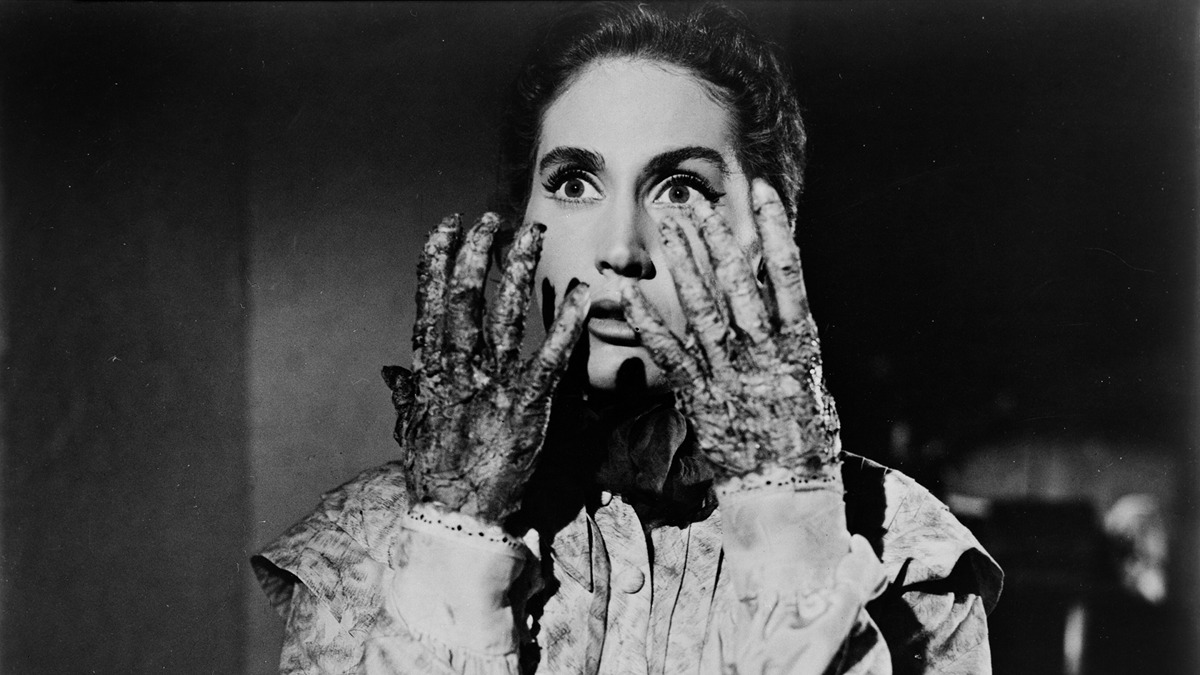
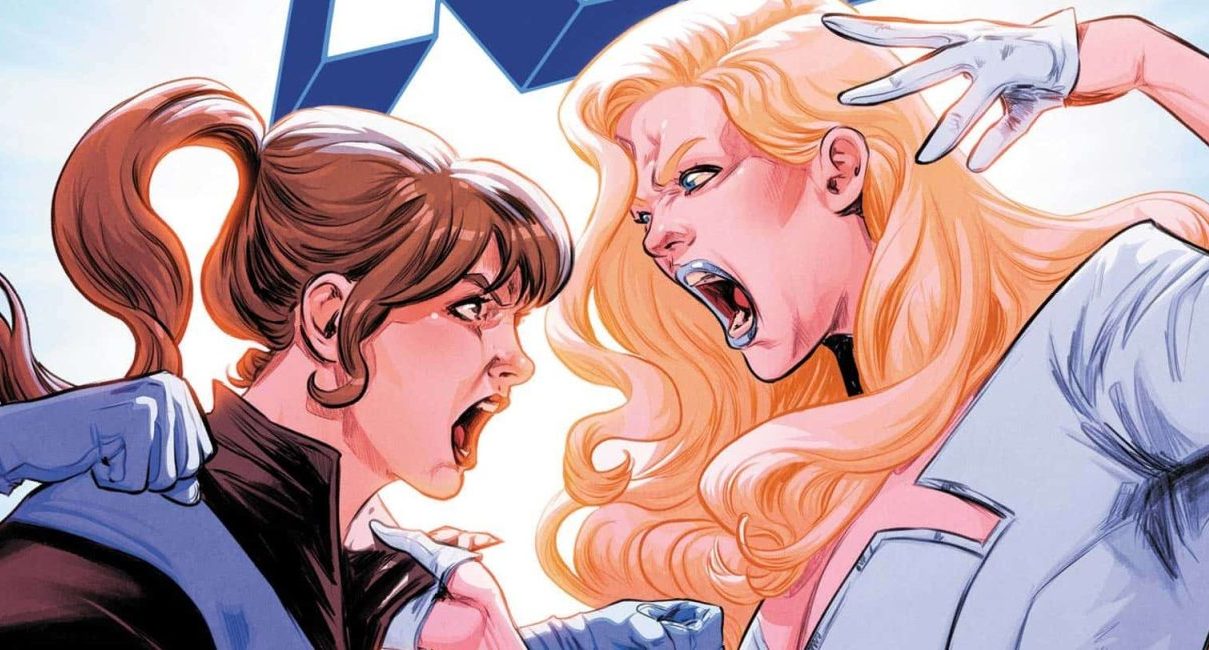
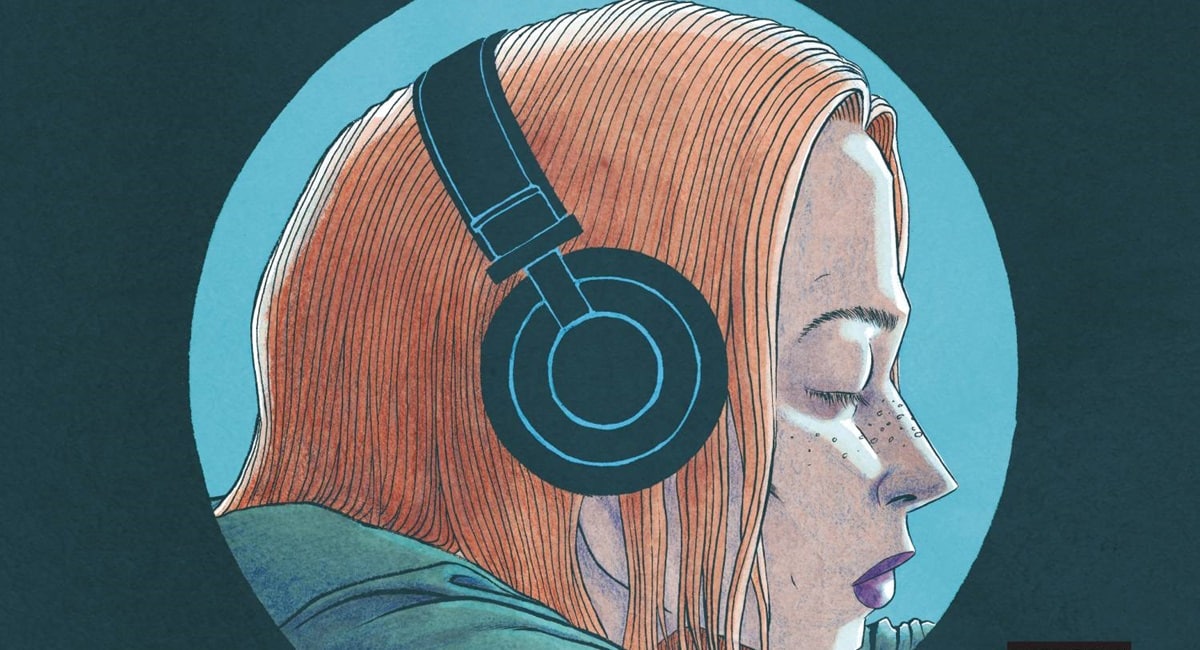
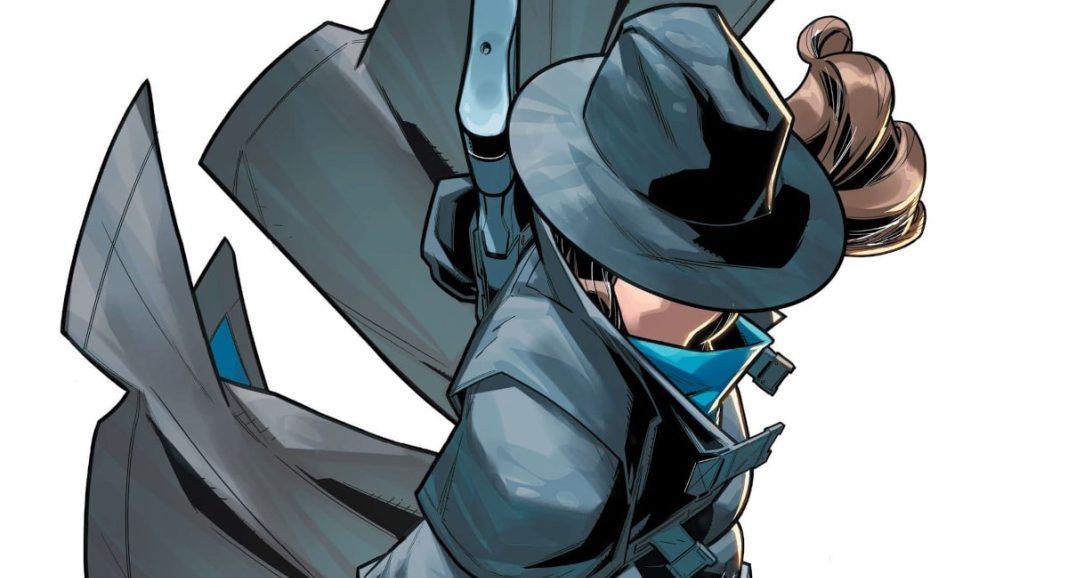
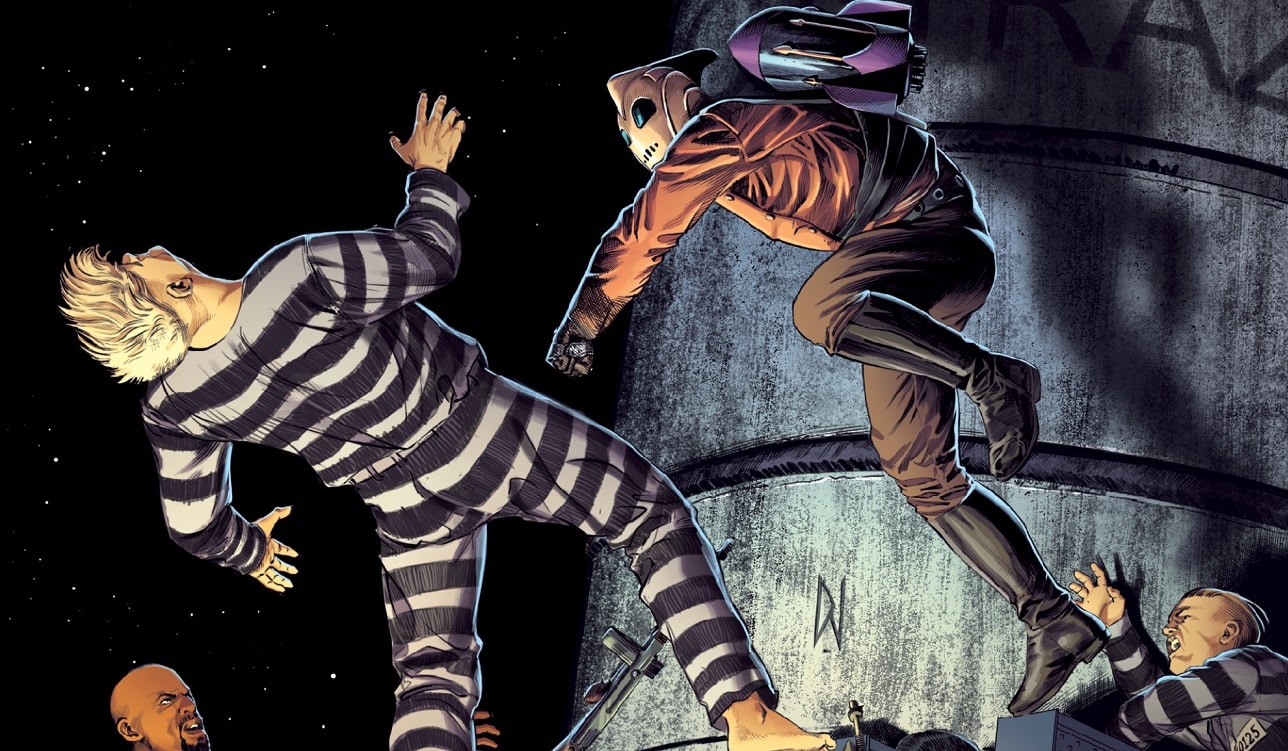












 English (US) ·
English (US) ·